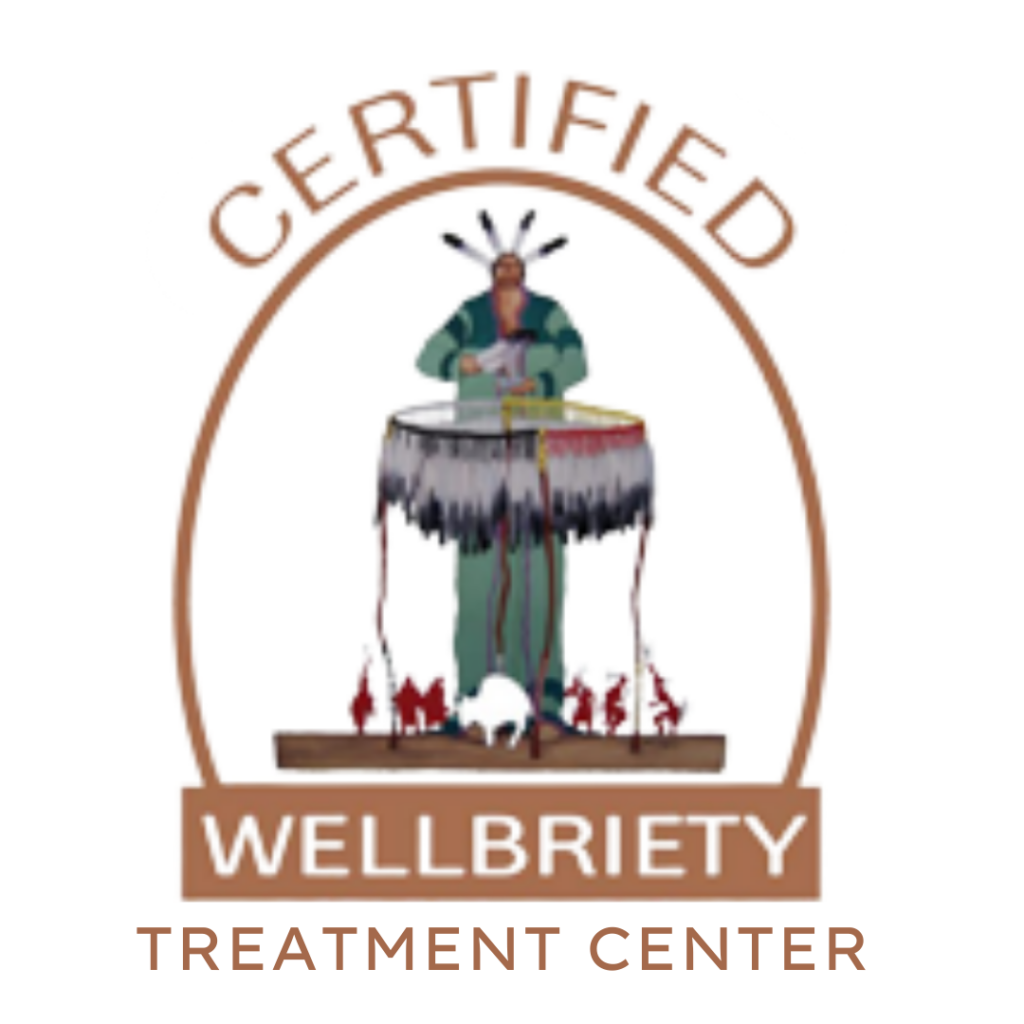Many people suffer from anxiety and stress, often to the point of their conditions becoming debilitating to their everyday lives. In response, doctors nationwide have begun prescribing various anxiety medications to help battle these rising cases, including the medication Valium.
However, despite its calming effects, there are some risks associated with taking Valium, especially without a doctor’s approval. Knowing the potential risks and side effects that can come with this medication can help you and your loved ones stay safe.
What Is Valium?
Valium is the brand name for the generic drug diazepam. It is a benzodiazepine, a class of medications that work by calming the central nervous system.
Doctors prescribe Valium for a variety of medical purposes and treatments including:
- Anxiety disorders
- Alcohol withdrawal symptoms
- Muscle spasms and stiffness
- Seizures
- Insomnia
- Preoperative sedation
Valium works by increasing the activity of a neurotransmitter called GABA, which has a calming effect on the brain and nerves. When Valium is taken, it binds to GABA receptors in the brain and enhances the effects of this neurotransmitter. This can help to reduce anxiety, muscle spasms, and seizures.
Valium is available as a tablet, a liquid solution, and a rectal gel, and the dosage and frequency of administration vary depending on the condition being treated. Most people will only take this medication for short periods of time, as it can be habit-forming.
Reach Out for Help With Valium Abuse
Are you struggling with an addiction to Valium?
Royal Life Centers at The Haven is here to help you recover. Because we care.
Is Valium Addictive?
In the United States, Valium, a prescription benzodiazepine medication, is an approved form of treatment for several medical purposes. However, as a Schedule IV controlled substance, Valium possesses the potential for abuse as well as a high risk of developing an addiction. This is because the medication interacts with the brain’s reward centers, producing a sense of euphoria and elation that can be habit-forming.
Valium addiction can develop quickly, even if the drug is used as prescribed. Over time, the body develops a tolerance to Valium, meaning that higher doses are needed to achieve the same effects. This can lead to people taking more of the drug than prescribed or even using it without a prescription.
Valium addiction can have serious consequences, including:
- Physical dependence: This means that the body needs Valium to function normally. If the medication is stopped suddenly, valium withdrawals can occur, producing symptoms that can be severe and even life-threatening.
- Mental health disorders: Valium addiction can also worsen anxiety and depression when misused, as well as lead to new mental health problems, such as psychosis.
- Social issues: Valium abuse can damage relationships and lead to job loss, financial problems, legal issues, and various other negative social consequences.
If you or someone you know is struggling with Valium addiction, it is important to seek professional help. There are a number of effective substance use disorder treatment options available and with the right support, long-lasting recovery is possible.
What Are the Signs and Symptoms of Valium Abuse?
With this medication’s potential to cause severe physical, mental, and social issues when abused, it is important to recognize the signs and symptoms of a valium addiction.
Some of the most common signs of valium abuse include:
- Taking Valium without a prescription.
- Taking more Valium than prescribed.
- Taking Valium with other drugs or alcohol.
- Lying about or hiding Valium use.
- Neglecting work, school, or relationships.
- Engaging in risky or illegal activities.
Typically, the signs and symptoms of Valium abuse can become more severe and apparent over time. People who abuse Valium may also develop tolerance to the drug, meaning that they need to take higher and higher doses to achieve the same effects, which can lead to overdose and other serious health problems.
If you are concerned that you or someone you know may be abusing Valium, it is important to seek professional help. Valium addiction is a treatable condition, but it is important to get the right care.
Xanax vs Valium: What’s the Difference?
Another popular medication used for treating anxiety is Xanax. As a benzodiazepine itself, both Xanax and Valium are effective options for treating anxiety and stress disorders. These are not their only similarities.
For instance, both drugs can cause similar side effects, such as drowsiness, dizziness, and muscle weakness. Furthermore, they can both be habit-forming and can cause withdrawal symptoms if stopped suddenly.
Of course, there are some differences between the two medications. For starters, Xanax works faster than Valium. Xanax typically starts working within 30 minutes, while Valium may take 30 to 60 minutes to start working.
However, Xanax has a shorter duration of action than Valium. While Xanax typically lasts for 4 to 6 hours, Valium can last for up to 12 to 24 hours. There are also some differences in their approved uses.
Xanax is approved to treat anxiety disorders and panic attacks, while Valium is approved to treat anxiety disorders, muscle spasms, seizure disorders, sleep disorders, and alcohol withdrawal. Finally, Xanax is more likely to cause addiction than Valium due to its shorter duration of action, leading people to take the drug more often.
Regardless of their similarities and differences, both of these medications can be habit-forming and pose an increased risk of forming a drug addiction. For this reason, it is important to be aware of this risk before using them. If you are struggling with a benzodiazepine addiction, help is available.
Valium Addiction Treatment at Royal Life Centers
Valium addiction treatment requires a comprehensive approach that addresses the physical, psychological, and social aspects of drug addiction. At Royal Life Centers, our approach to treatment for Valium addiction and the recovery process involves a combination of medical detox, therapy, and support groups.
Medical detox is the first step in Valium addiction treatment. It is important to detox under medical supervision to manage withdrawal symptoms and prevent serious complications, such as seizures. Our inpatient treatment facilities provide access to medical professionals trained and experiences in benzo detox services to help you cope with symptoms of withdrawal. Depending on the severity of your addiction, we provide a wide variety of evidence-based treatments to guide you on the road to recovery.
Therapy is also a key component of our treatment process. This helps you understand your addiction, develop coping skills, and address underlying issues that may have contributed to your substance abuse. There are a variety of different types of therapy that can be effective for Valium addiction, including individual therapy, behavioral therapies, and holistic treatments.
At Royal Life Centers, we believe that support groups can provide valuable support and encouragement to individuals in recovery from Valium addiction. Support groups such as Narcotics Anonymous offer a safe space where you can share your experiences and learn from others who are going through the same thing.
Reach Out for Help With Valium Addiction
No matter what your recovery needs may be, our full continuum of care offers you the extensive and comprehensive treatment you need to achieve long-term sobriety. From our residential treatment program to our aftercare services, we make sure all of your needs are met.
Our compassionate and highly trained doctors, nurses, and counselors provide 24/7 specialized care in a safe, supportive environment. We understand that this is a difficult time, but we are here to support you every step of the way. Contact us today at 877-RECOVERY to begin your Benzo abuse treatment journey.
























